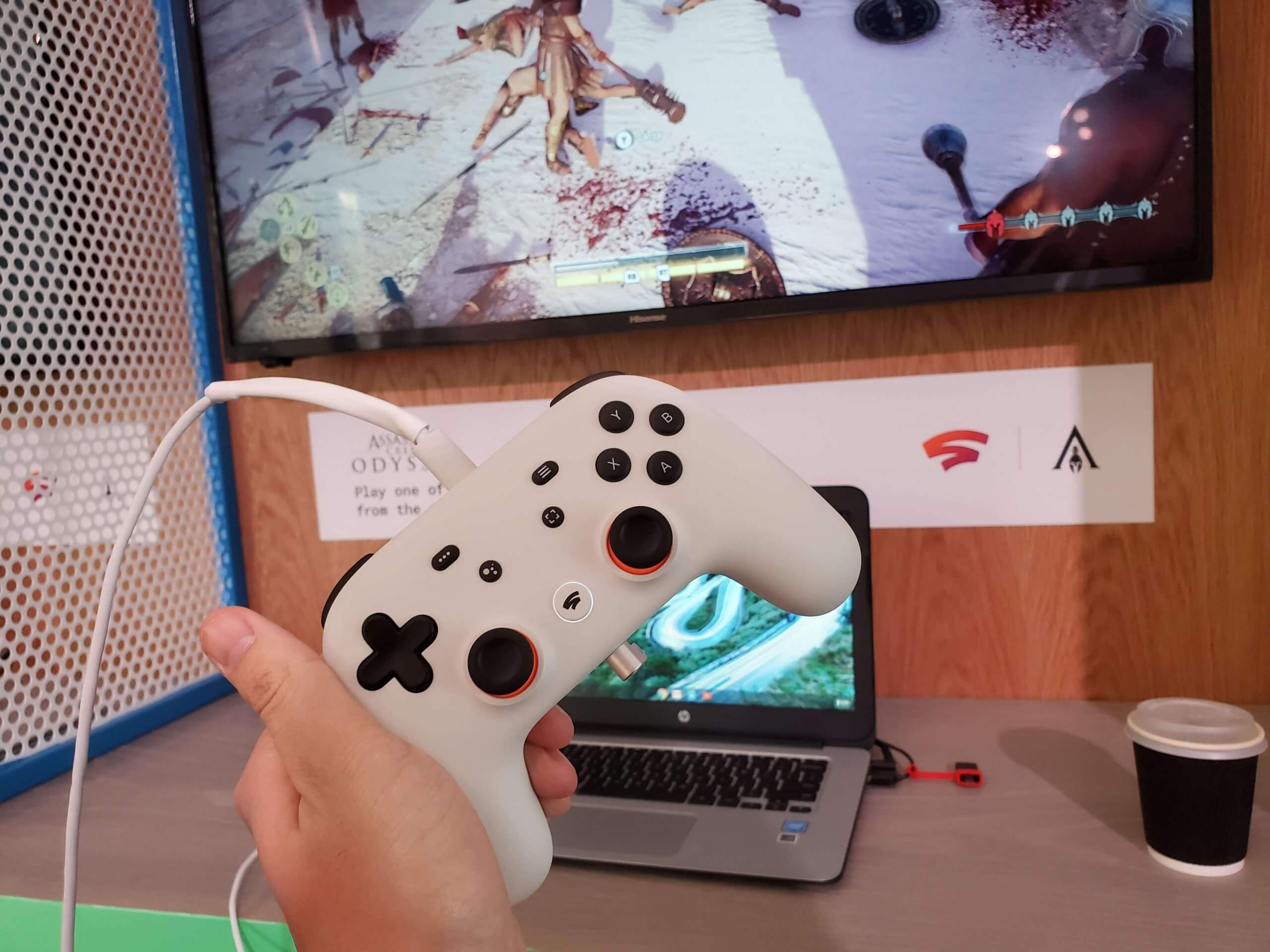In context: Remember the run-up to Stadia's launch when it promised all games would run in 4K at 60fps? That never panned out, and some people allege that these claims were misleading, made to increase its subscriber numbers. Now, a class-action lawsuit has been launched against the Google.
In a 42-page breach-of-contract lawsuit filed in the Eastern Court District of New York against Google, Bungie, and id Software, it's stated that Google "greatly exaggerated the streaming quality and display resolution" of Stadia and that execs from all three companies made false statements about most or all games running in 4K. The case was initially filed in October 2020 but has just been transferred to federal court.
At the Game Developers Conference in 2019, id Software's Marty Stratton said that Doom Eternal "will be capable of running at true 4K resolution, with HDR color at an unrelenting 60 frames per second" on Stadia. In reality, it runs at 1080p@60fps on HD displays and up-samples to 2160p from 1800p@60fps on 4K displays.
DOOM Eternal is coming to #Stadia.
— DOOM (@DOOM) March 19, 2019
4K with HDR ✅
60fps ✅#GoogleGDC19 https://t.co/6YBdOhHhNV
The suit also alleges Bungie "knew or should have known that Google was making misleading statements about the Stadia Pro subscription plan in that Destiny 2 would not be playable at the 4k 60FPS gameplay that the Stadia Pro service offered, and that consumers were being misled about Destiny 2."
In 2019, Stadia Vice President Phil Harrison tweeted that all launch games would run at 4K, but most of them were upscaled. Red Dead Redemption 2, for example, won't natively render higher than 1440p and is upscaled to 4K.
Yes, all games at launch support 4K. We designed Stadia to enable 4K/60 (with appropriate TV and bandwidth). We want all games to play 4K/60 but sometimes for artistic reasons a game is 4K/30 so Stadia always streams at 4K/60 via 2x encode.
— Phil Harrison (@MrPhilHarrison) October 9, 2019
Stadia's ability to stream games at 4K was limited to those using a Chromecast Ultra and UHD TV until its web client gained support in March 2020.
The lawsuit seeks consumers in the United States who purchased the Stadia Founder's Edition, Premier Edition, and/or a subscription to Stadia Pro from June 6, 2019. It's claimed people made their purchase based on "information and reports contained online that Stadia was more powerful than the leading gaming consoles and would display all games at 4K resolution."
The lawsuit seeks damages, attorneys' fees, and "disgorging of all profits, benefits, and other compensation," along with an injunction prohibiting the future sale of games purchased through Stadia.
Stadia isn't turning out to be the "end of gaming machines" that some claimed it would be. We haven't heard much about the service recently, other than it is shuttering its first-party game development studio.
